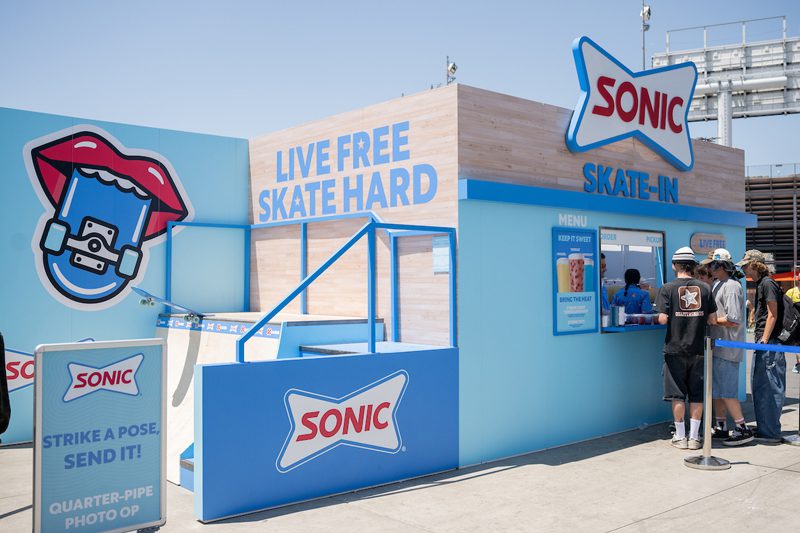The Kellogg Co.’s announcement last week to stop using licensed characters to promote its products unless they meet nutrition standards is not expected to negatively impact the licensing industry.
Rather, experts said the push toward better nutrition would cause a shift in the licensing business and bring about more opportunities.

“I don’t think it will have a negative impact,” Charles Riotto, president of the Licensing Industry Merchandisers’ Association, said. “It just will affect where licensing is being applied. We will see more of a shifting of focus on the part of character owners and the direction they want to go.”
As a result, marketers like Kellogg’s will look to develop more products that fall in line with healthy lifestyles, opening up more licensing potential, Riotto said.
In 2004, entertainment and character licensing accounted for $2.62 billion in royalty revenue, or 44% of the licensing market. LIMA on Tuesday plans to release updated figures at the three-day 2007 Licensing International Expo at the Jacob Javits Center in New York City.
Despite the attention childhood obesity has been getting, Riotto said licensing tied to sugary cereal and salty snacks isn’t going away.
“It was always be out there,” Riotto said.
Kellogg last Thursday announced two major initiatives.
The first phases out ads to children under 12 for products that don’t meet its internal nutrition criteria. Ads include TV, print, radio, Internet, Web site activities, promotions, premiums and licensed properties. The company said it would continue its practice of not advertising to children under six.
The products that don’t meet the criteria (almost 50% of those currently marketed to children around the world) will either be reformulated to meet the criteria or will no longer be marketed to children under 12 by the end of 2008, the company said.
“Today, only 27% of Kellogg advertising spending in the U.S. is directed to children under 12 and we have always approached that communication responsibly,” David Mackay, president and chief executive officer for Kellogg, said in a statement last week. “We are taking these steps to address increasing concerns about marketing to children and further strengthen our commitment to responsible marketing.”
Under the second initiative, later this year this company will introduce Guideline Daily Amounts on the front of ready-to-eat cereal packages in the U.S., Canada and Mexico.
Kellogg is not the first food company to change its practices to address concerns about childhood obesity and overall health.
Last fall, 10 large food and beverage companies, including Kellogg, said they would strengthen self-regulatory guidelines when marketing to children under 12. Among a number of initiatives, plans call for devoting at least 50% of ads to promoting healthy choices. The other brands include Coca-Cola Co., Campbell Soup Co., McDonald’s, Kraft Foods, Inc., Cadbury Schweppes, General Mills, Hershey’s, PepsiCo and Unilever (Promo Xtra, Nov. 16, 2006).
And last October, Walt Disney and Nickelodeon announced an initiative to only allow their characters to be tied with nutritional foods. Disney also said that it would begin offering healthier meals at its parks (Promo Xtra, Oct. 18, 2006).
 Network
Network

